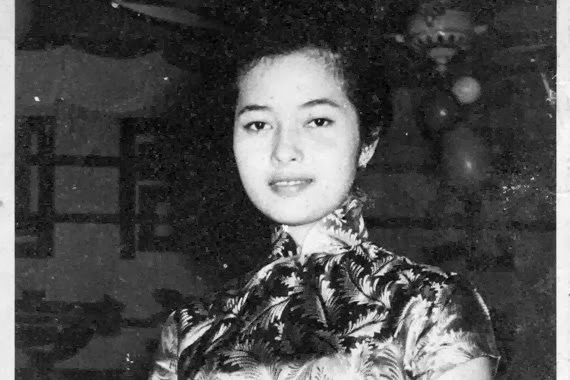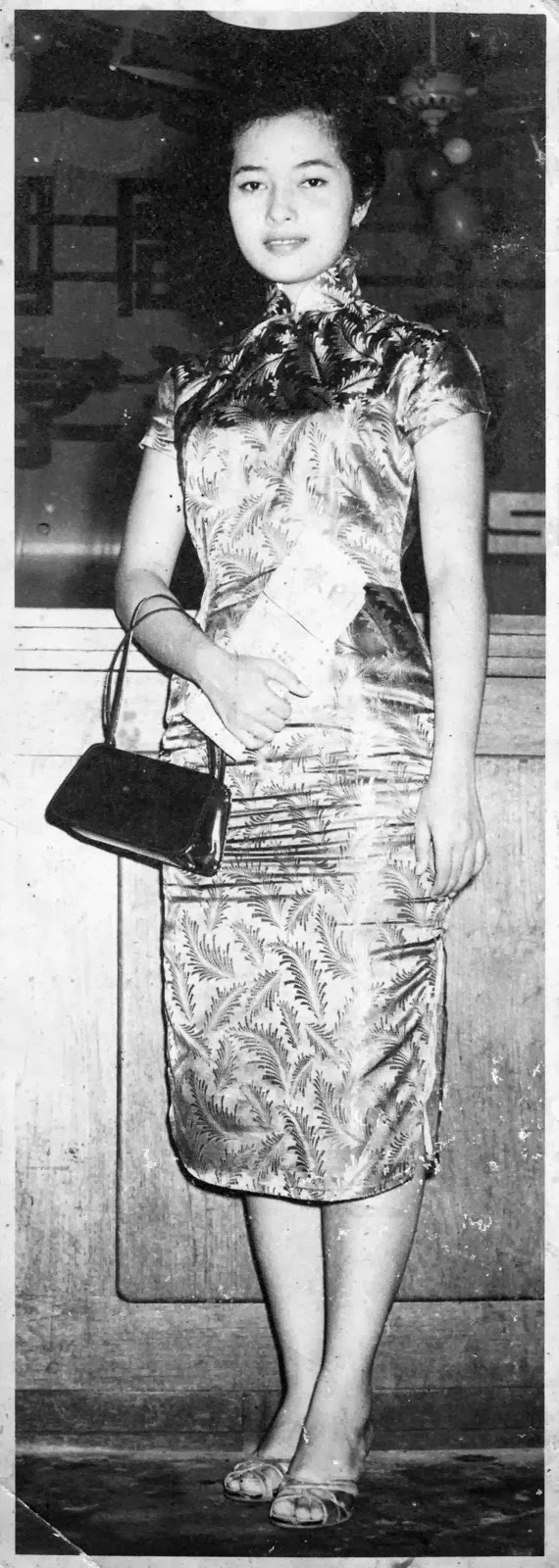
For the entire 15 years that Charmaine Craig was writing “Miss Burma,” tensions seethed between the Burmese majority and the ethnic minorities that make up Myanmar. It is a dark coincidence that as she published the book last year, those tensions were boiling over into appalling displays of violence against the ethnic Rohingya in western Myanmar. Set within its current political context, “Miss Burma” (Grove Press) can be read as a textbook on the plight of Myanmar’s ethnic minorities, told by a daughter of that dark history.
The book opens on Craig’s fictionalized version of her mother, Louisa, striding onto the stage at the 1956 Miss Burma pageant, adeptly wielding the beauty that is at once her weapon and her prison. “How strange to be dubbed ‘the image of unity and integration,’ when she has wanted only to go unremarked — she, the mixed breed, who is embarrassed by mention of beauty and race,” Craig writes.
Told through the eyes of her grandmother and grandfather — respectively, a member of the indigenous Karen people and a Burmese Jew of Indian and Sephardic descent — as well as her mother, “Miss Burma” fuses the political and personal, demonstrating through deep characterization and intense background research how othering and exclusion are precursors for violence and exile.
READ MORE: Charmaine Craig Ponders Her Mixed Jewish and Karen Heritage in ‘Miss Burma’
Like the Rohingya, who presently face ethnic cleansing at the hands of the Myanmar Army, Craig’s Karen forebears have long been made to exist at the fringe of the country once known as Burma. “Miss Burma” brings to life not only the means and causes of their persecution, but its devastating personal impacts.
After raising the curtain on Louisa, the story starts in earnest with Louisa’s father, Benny, the descendant of rabbis in the Burmese capital of Rangoon. Orphaned young and taken in by his aunts, his quarrelsome behavior soon lands young Benny in an Anglican boarding school. Later, while working as an English customs officer in the port city of Akyab, he spots Khin, a raven-haired provincial beauty, on a busy dock. He decides on the spot to marry her. Her assent lends Benny the belonging he lacks, as her community unquestioningly takes him in. But it also ensnares him in the Karen revolutionary struggle, introducing him to a different kind of estrangement: an alienation from his country and government.
Can nationalism be both the cause of genocide and its answer?
In an interview, Craig admitted that “a lot of failure and, even, you might say, prayer” had to take place before she was able to bring her ancestors to life. The personal anguish it took for Craig to write the book manifests in her characters, whose internal contradictions and tortured inertia give them depth and verisimilitude. Moreover, her painstaking efforts to set the characters accurately within their physical and historical context lends the book a rare richness and ambitious scope.

The systemic rape, murder and dispossession of the already-impoverish Rohingya in recent months is not a new phenomenon, historically speaking, but it lends a feverish importance to Craig’s work. Whether she intended it or not, the novel demonstrates how racial othering is the foundation on which exile, genocide and dispossession are built — and is all too relevant to the present situation.
Crucially though, the book shies from prescribing antidotes to these ills. Throughout, Craig skillfully resists the temptation toward a full-throated endorsement of Karen nationalism. Instead, she attempts to “trouble the question” of whether national revolution is the answer to persecution, she said.
“It was important for me to have characters who didn’t stand for a fixed idea, or whose initial ideas about, let’s say, ethnic nationalism were troubled by the history they continued to confront,” she said.
READ AN EXCERPT: ‘Miss Burma’
It may go without saying that questions of ethnic nationalism bear as much on Craig’s Jewish ancestry as her Karen parentage. In the 20th century, the Jewish people endorsed nationhood as a response to the mechanized mass slaughter of one-third of its population. But that choice is haunted by the German nationalism that fueled the Holocaust. Can nationalism be both the cause of genocide and its answer?
Craig’s novel provides no solution to this paradox — it doesn’t set out to — but if it raises the question in peoples’ minds, and points them to modern Myanmar as a place to focus their pondering and attention, then, at least from a political perspective, it will have been a success.























 More news and opinions than at a Shabbat dinner, right in your inbox.
More news and opinions than at a Shabbat dinner, right in your inbox.